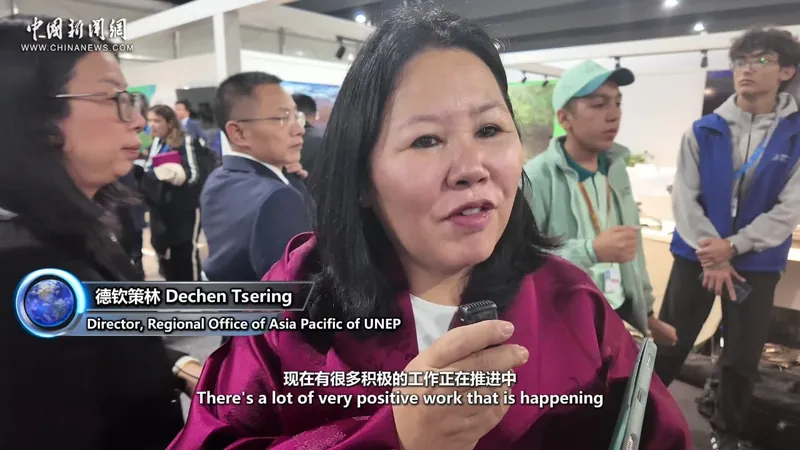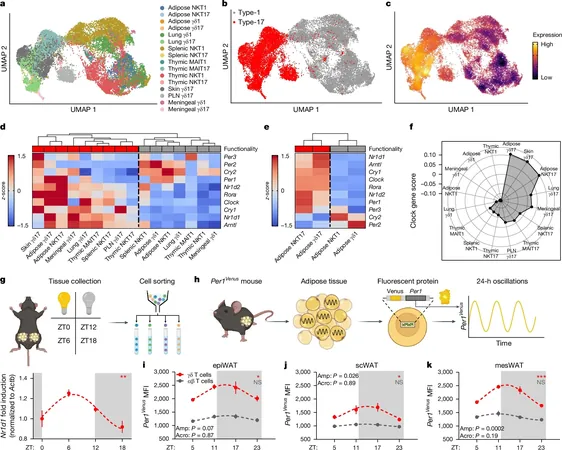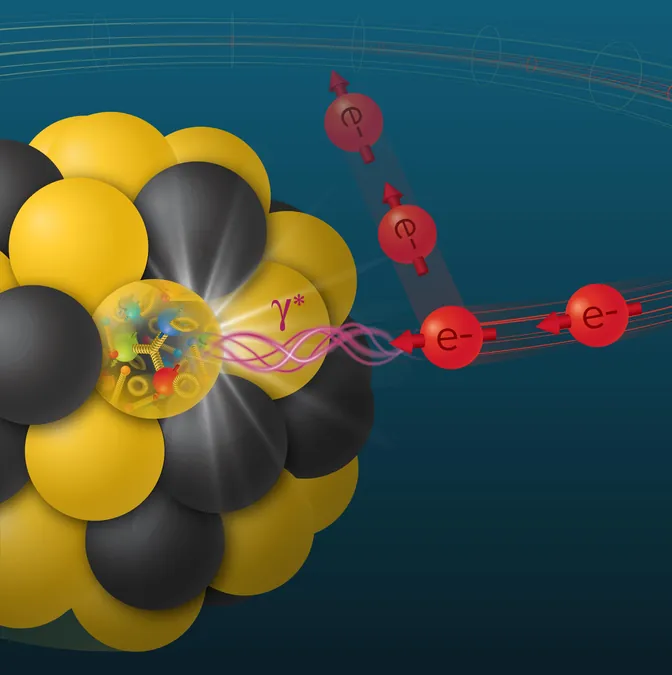
Groundbreaking Bivalent mRNA Vaccine for RSV Launches Clinical Trials in China
2024-11-14
Author: Arjun
Introduction
In a historic milestone for vaccine development, the world's first bivalent mRNA vaccine candidate targeting respiratory syncytial virus (RSV) has officially begun its Phase I clinical trial in China. The groundbreaking event took place on Wednesday at a prominent clinical research center in Shanghai, where an adult received the inaugural dose of the vaccine.
Vaccine Development by Innorna
Developed by Innorna, a biotech firm based in Shenzhen, this innovative vaccine holds exclusive intellectual property rights to its technology platform. The clinical trial received approval from the Center for Drug Evaluation of China’s National Medical Products Administration earlier this June, marking a pivotal step in combatting RSV—a virus that has notably impacted many regions in China, particularly over the past winter season.
The RSV Challenge
Despite recent outbreaks causing concern, no RSV vaccine has been commercially available in mainland China until now. Medical professionals emphasize that RSV can lead to severe respiratory issues, especially among vulnerable populations, including young children and the elderly. According to Gu Weirong, vice-president of the Obstetrics and Gynecology Hospital of Fudan University in Shanghai, RSV was responsible for over 80% of respiratory viral infections in infants and young children last year alone.
Vaccine Features and Expectations
The new bivalent vaccine is designed to target both subtypes of RSV that are responsible for most infections. This dual approach is seen as a significant advancement over existing vaccines already available in other countries. Chen Zhangjing, the head of clinical development at Innorna, highlighted that the mRNA technology behind this vaccine allows for greater flexibility, especially in responding to potential virus mutations.
Moreover, this mRNA vaccine is anticipated to facilitate strong immune responses even after repeat vaccinations, aiming for resilience against RSV in targeted populations. The clinical trial plans to enroll a total of 240 adult participants, equally divided between those aged 59 and below and those aged 60 and above, and is expected to run for approximately two and a half years.
Future Prospects
Aimed primarily at adults aged 60 and older, the developers have intentions to expand on this initiative, exploring vaccines for individuals with compromised immune systems, pregnant women, and infants. As the trial unfolds, the medical community watches with optimism for a potential breakthrough in preventing RSV infections, which could significantly reduce morbidity linked to respiratory diseases in vulnerable demographics.
Conclusion
Stay tuned as we follow the progress of this remarkable vaccine and its implications for public health worldwide!




 Brasil (PT)
Brasil (PT)
 Canada (EN)
Canada (EN)
 Chile (ES)
Chile (ES)
 España (ES)
España (ES)
 France (FR)
France (FR)
 Hong Kong (EN)
Hong Kong (EN)
 Italia (IT)
Italia (IT)
 日本 (JA)
日本 (JA)
 Magyarország (HU)
Magyarország (HU)
 Norge (NO)
Norge (NO)
 Polska (PL)
Polska (PL)
 Schweiz (DE)
Schweiz (DE)
 Singapore (EN)
Singapore (EN)
 Sverige (SV)
Sverige (SV)
 Suomi (FI)
Suomi (FI)
 Türkiye (TR)
Türkiye (TR)